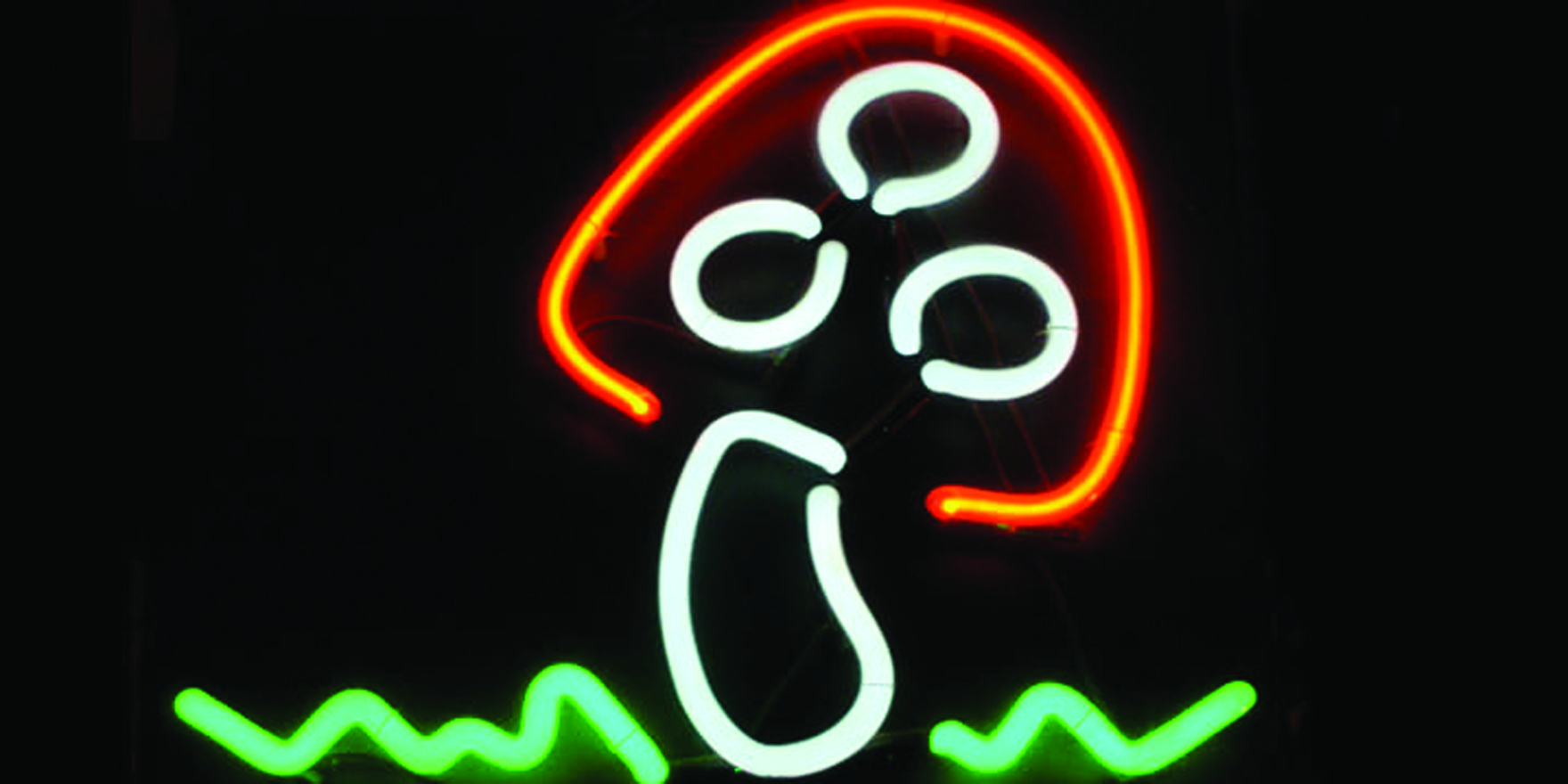Does psychedelic therapy represent an alternative for hard-to-treat psychological disorders?
Promising research into psychedelics as a treatment for depression and anxiety signals a potential upheaval to the traditional medical approach to mental illness.
Despite the stigma associated with their use, there is a growing body of evidence that drugs like MDMA, psilocybin (found in certain mushroom species) and ketamine can help with particularly hard-to-treat psychological disorders.
Writing in the MJA, Victorian psychiatrist Dr Nigel Strauss says psychedelic therapy represents an alternative to the conventional organic biomedical model, which largely defines mental illness in terms of physiological and chemical imbalances.
Instead, the efficacy of psychedelics may be a sign that the importance of a psychosocial model, which focuses on the role of meaning in people’s wellbeing, has been undervalued.
“I think one of the biggest problems in the world today is alienation,” Dr Strauss told TMR. “There is a sort of atomisation of people – people who don’t belong to groups, families are breaking up and there is a lot of loneliness and isolation – and I think this causes a lot of distress for people and is the basis of a good deal of depression.”
Dr Strauss said that while physical factors certainly explained some depression, much was the result of cultural and social factors.
“One of the things that is sometimes overlooked in the practice of psychiatry is what is important to [patients], and what their values are,” Dr Strauss said.
What was powerful about this “renaissance” in psychedelic therapy, was that it often helped patients form attachments and form meaning through “peak” or mystical experiences, he said.
These are experiences such as a sense of sacredness or reverence, a feeling of unity with others and the universe, ego dissolution and feelings of joy or bliss.
To open up a dialogue about the potential value of research into this field, Dr Strauss highlighted a number of studies evaluating the use of these drugs in hard-to-treat patients.
In one study, Lancet Psychiatry found that psilocybin had significant impacts on patients with chronic treatment-resistant depression. Of the 12 patients included in the study, eight achieved complete remission after being given two oral doses of psilocybin a week apart.
Almost half of those were still in complete remission three months later.
Research has also suggested psychedelics may have benefit for people with life-threatening cancer who have depression and anxiety.
In one study, 31 terminally ill patients were randomised to receive either a single dose of psilocybin or niacin control, and switch treatments at seven weeks. Only 14% of those in the control group met the criteria for an antidepressant response, compared with 83% in the psilocybin group.
These benefits were maintained 26 weeks after treatment, the researchers found.
Dr Strauss, who has been a psychiatrist for nearly 40 years, has a particular interest in post-traumatic stress disorder.
“One of the things that has frustrated me over the years is that conventional psychiatric treatments are not very effective,” he said. “They work with some people but there’s a large chunk of people who do not get helped.”
Dr Strauss strongly distanced himself from the recreational use of the drugs, and possible “shamans” or practitioners offering this treatment on the black-market, saying the methodology of medical trials was rigorous and well-supervised.
Part of this was a focus on “set and setting”, a term popularised by psychologist and psychedelic advocate Timothy Leary in the 1960s, which emphasises the importance of the psychological state of the person going into the experience (the set) and the location in which it occurs (the setting).
Current trials often prepared the participant with several weeks of discussions with therapists about expectations and goals in the lead up to the session, followed by the patient ingesting the drug in a lounge-room type environment under the supervision of therapists, he said.
But, these experiences were “not all pleasant joy and happiness”, Dr Strauss warned. They could be challenging and difficult, with therapists playing an important role in supporting them through the experience, he said.
Nevertheless, research suggests that most side effects were minimal and transient, such as anxiety, confusion and nausea.
An added bonus was that these drugs did not need to be taken long-term, unlike antidepressants and other medications.
MJA 2017 206 (11) 468-469
Doi:10.5694/mja17.00081


